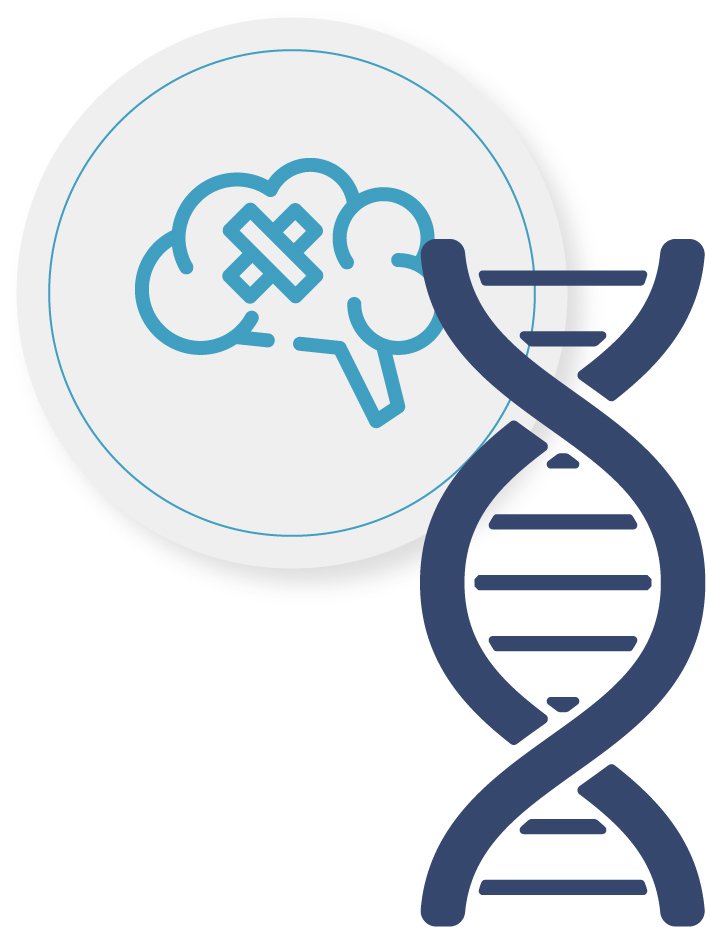Dementia:
DNA Testing
When is it advisable to get a DNA test to assess the risk of dementia?
Obtaining a DNA test to assess the risk of dementia, particularly Alzheimer's disease, is a decision that should be carefully considered and discussed with a healthcare provider. Here are some scenarios where it may be advisable to consider genetic testing for dementia risk:
Family History: If you have a family history of early-onset Alzheimer's disease or other types of dementia, especially in first-degree relatives (parents or siblings), genetic testing may provide valuable information about your own risk.
Concerns About Inherited Forms: Inherited forms of dementia, such as familial Alzheimer's disease or certain types of frontotemporal dementia, are caused by specific genetic mutations. If you have concerns about inheriting a known genetic mutation associated with dementia in your family, genetic testing may help clarify your risk.
Clinical Trials or Research Studies: Some clinical trials and research studies investigating treatments or preventive measures for Alzheimer's disease or other types of dementia may require genetic testing as part of the eligibility criteria.
Personalized Risk Assessment: Genetic testing may be recommended as part of a comprehensive risk assessment for dementia, especially if you have multiple risk factors such as advanced age, cardiovascular disease, diabetes, or a history of head injury.
Family Planning: If you are considering starting a family and have concerns about passing on a genetic risk for dementia to your children, genetic counseling and testing may provide valuable information for family planning decisions.
It's important to recognize that genetic testing for dementia risk has limitations and implications that should be carefully considered:
Predictive Nature: Genetic testing can provide information about your risk of developing dementia, but it cannot predict with certainty whether or when dementia will occur. Many factors, including lifestyle, environment, and other genetic factors, also influence disease risk.
Psychological Impact: Learning about one's genetic risk for dementia can have psychological and emotional implications, including anxiety, depression, or guilt. Genetic counseling can help individuals understand and cope with the results of genetic testing.
Privacy and Confidentiality: Genetic testing involves sharing sensitive personal information, and individuals should consider the potential implications for privacy and confidentiality, including insurance coverage and discrimination.
Before undergoing genetic testing for dementia risk, it's important to discuss the benefits, limitations, and potential implications with a healthcare provider or genetic counselor who can provide personalized guidance based on your individual circumstances and preferences.


